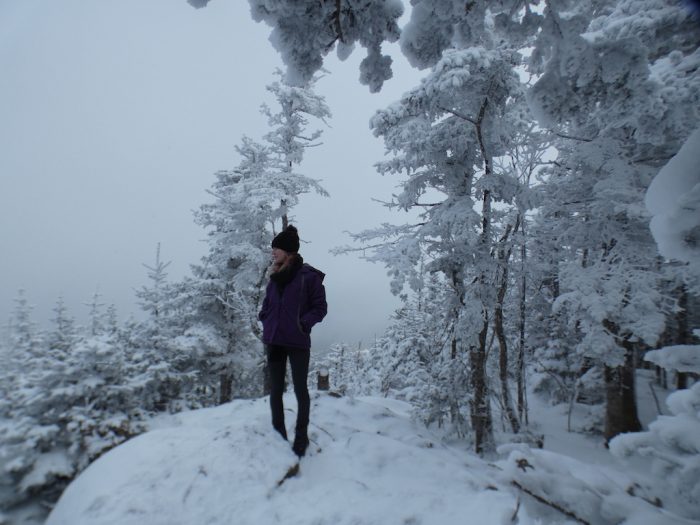Editor’s Note: This website is not designed to, and should not be construed to, provide medical advice, professional diagnosis, opinion or treatment to you or any other individual, and is not intended as a substitute for medical or professional care and treatment. Always consult a health professional before trying out new therapies.
~
I’ve always hated the snow.
I don’t like cold things. Cold hands, cold lips, cold food, or cold hearts. I’ve been accused of being cold myself, and I’ve noticed that my body temperature hovers below average. There is something about the winter, however, that welcomes a perilous sense that is not to be loathed, but to be welcomed.
The reality of what winter brings is just merely out of my own comfort zone.
But when, in fact, have I ever lived in my own comfort zone?
I had to stay numb from the pain of loss throughout my 20s. I did not fake it, but I did almost suffocate from those hollow, judging eyes that I received from those who didn’t know my suffering but felt the need to proclaim my wrongdoing from it.
Why do we cling to the thoughts of others that have nothing to do with our struggles?
If we look at what causes some of our darkest feelings, it’s usually due to an outcome that we cannot control. Others’ views of us are uncontrollable, and they can leave us believing the very thing they accuse us of being—when in fact, we know ourselves more than they do.
Those who judge often live in their own comfort zone. They look at the incoming season with a dismal attitude, instead of noting the perplexity of a challenge it may awaken inside of them. They refuse to be uncomfortable in their own skin; they refuse to shift from the status quo; they stay in their lane; they fear the woods rather than take a walk in it; yet, they sit from their armchairs and judge our struggles, achievements, and opinions. We don’t need their validation when we are the ones accepting the challenges and risks of uncertainty.
If you find yourself feeling depressed this winter, I urge you to check in with yourself by doing these five things:
Ignore the negative comments that you receive.
There is a notable difference between criticism and outright negativity. I’ve noticed, when I stopped letting negative commentary—from people who were just as miserable in their own skin—control my thought pattern, I became much more open and aware.
Don’t ignore your own sadness.
Depression often gets worse when you attempt to escape from it. Acknowledge your disparities and find a healthy outlet to work through it.
Be alone.
There’s nothing wrong with being alone and a lot of our own grief revolves around the impact that others may have on our lives. If we sit with ourselves, we will learn way more about ourselves than any outsiders can vouch for—and it’ll be easier to ignore the negativity when we know for ourselves that it is not an accurate assessment of our character.
Call someone you haven’t spoken to in over a year.
I received a phone call from my middle-school best friend recently, after not speaking to each other in quite some time. We spoke as if we still lived down the street from each other and our lives hadn’t transformed over the course of the past 20 years. Don’t be afraid to reach out to someone you lost touch with. Chances are greater that they will be happy to hear from you, and it may just be the conversation you needed to carry forward.
Go outside.
It’s cold, but so what? There is something magical about the quiet, frozen forest. It may welcome the peace you needed all along.
I will stop myself from eyeing the impending frozen storms
like those that look at me when I don’t fit their narrative.
The winter is uncontrollable. The winter is not liked.
I will watch as it comes in like an ice tornado and leaves a bath of mud
that my own consciousness may momentarily drown in.
In its mystery, I won’t be startled—but instead, revived.











Read 10 comments and reply